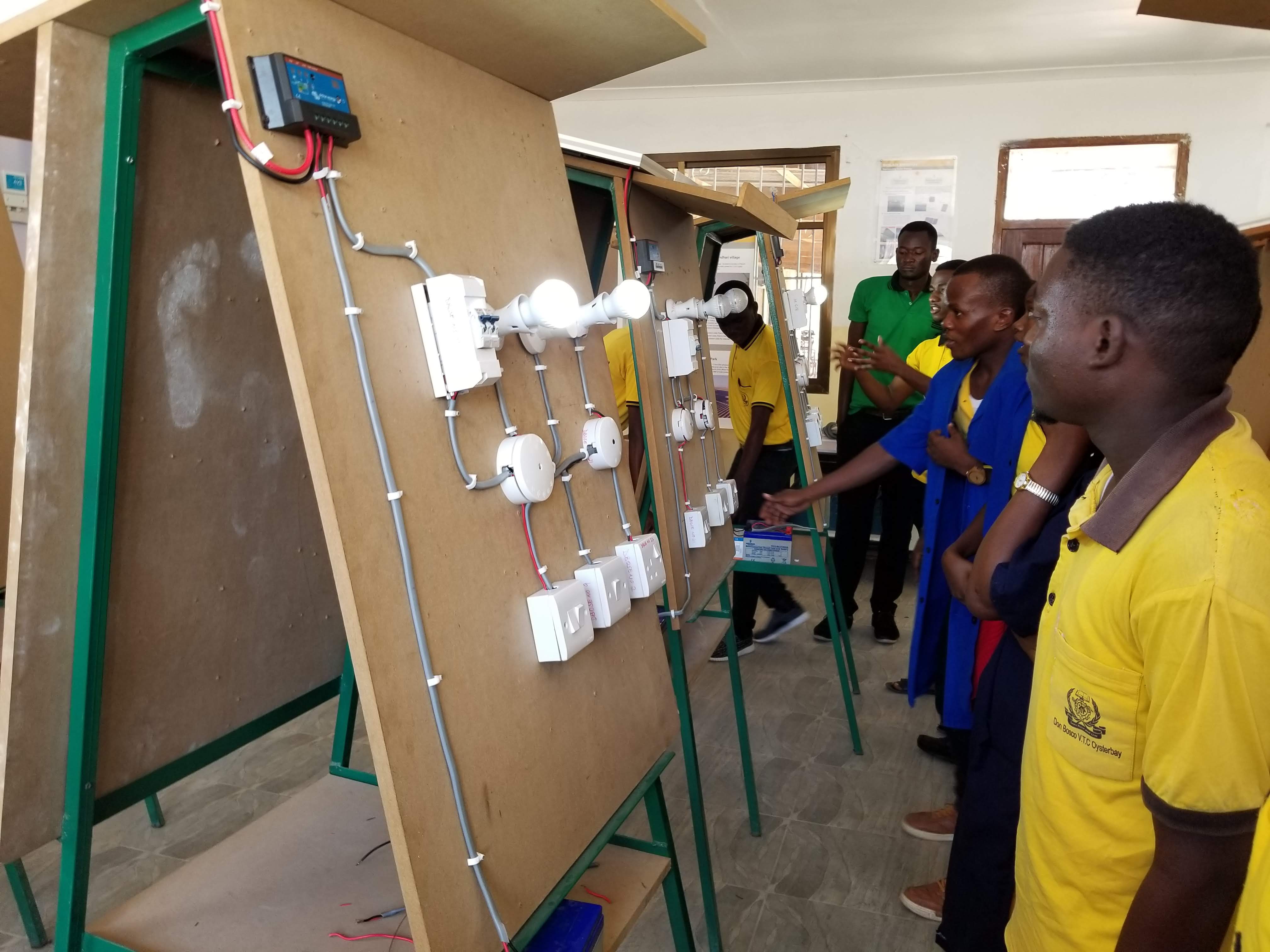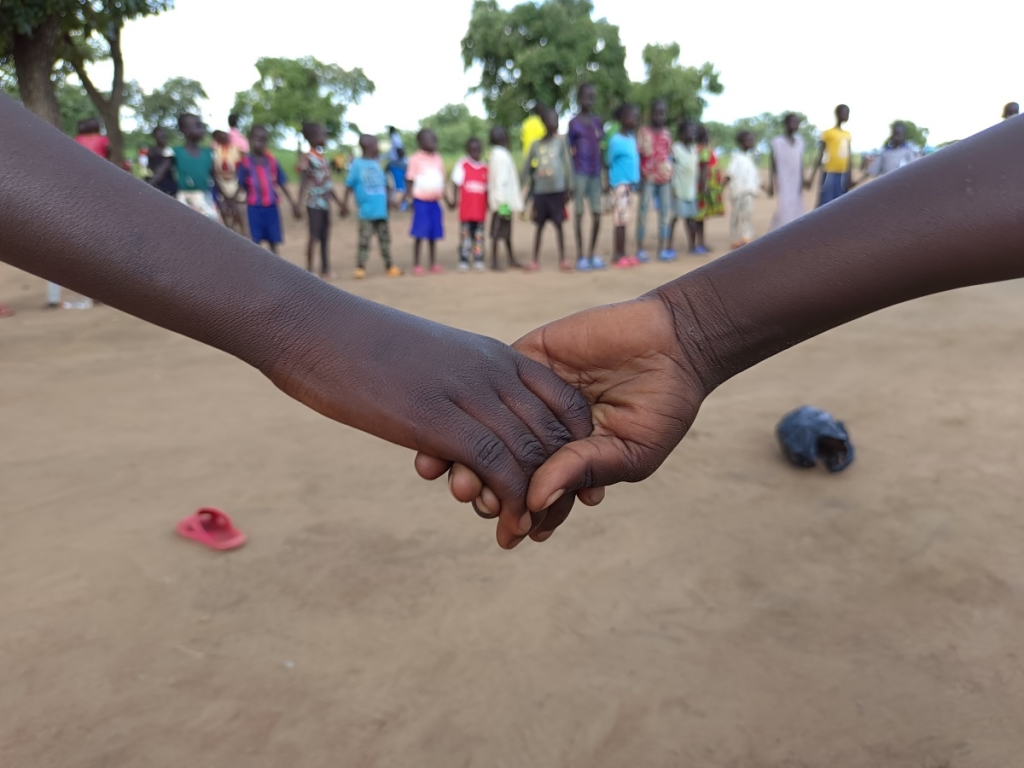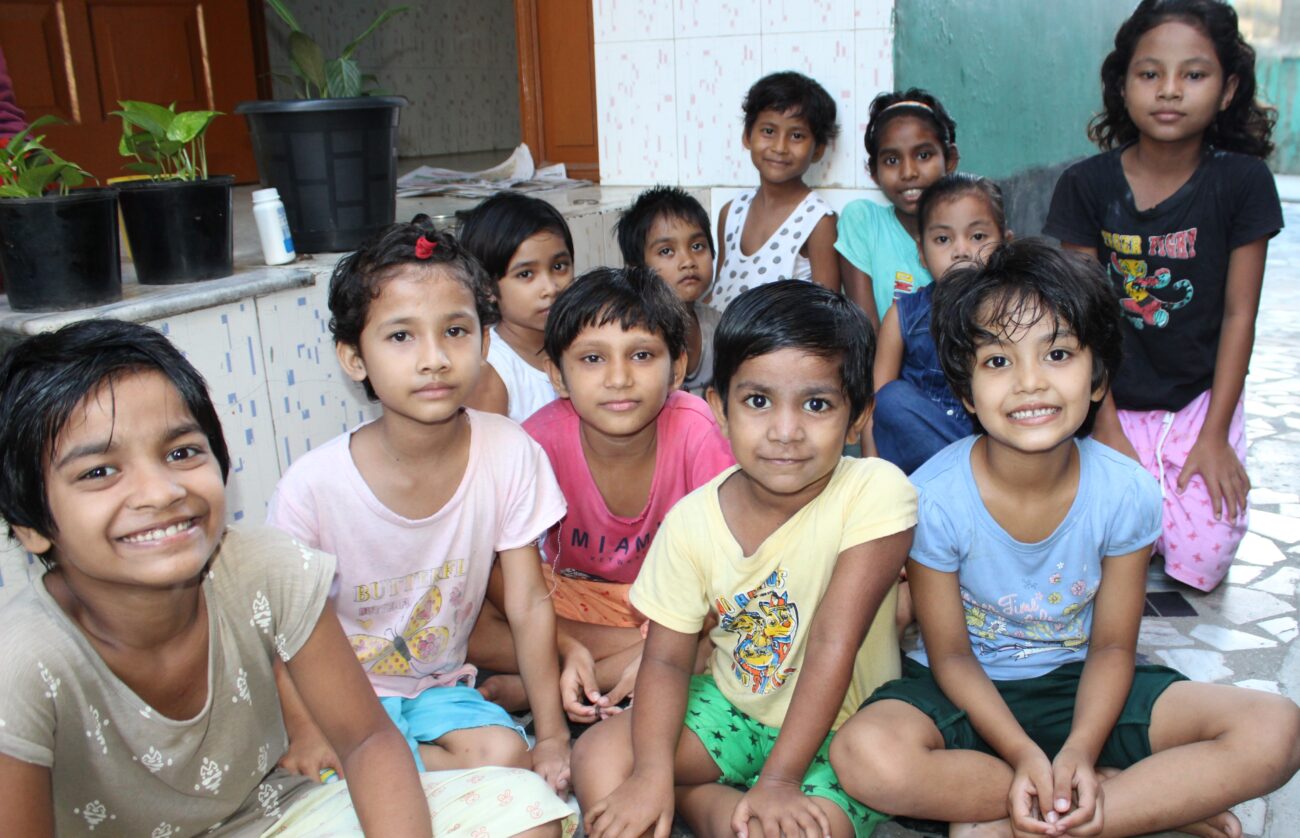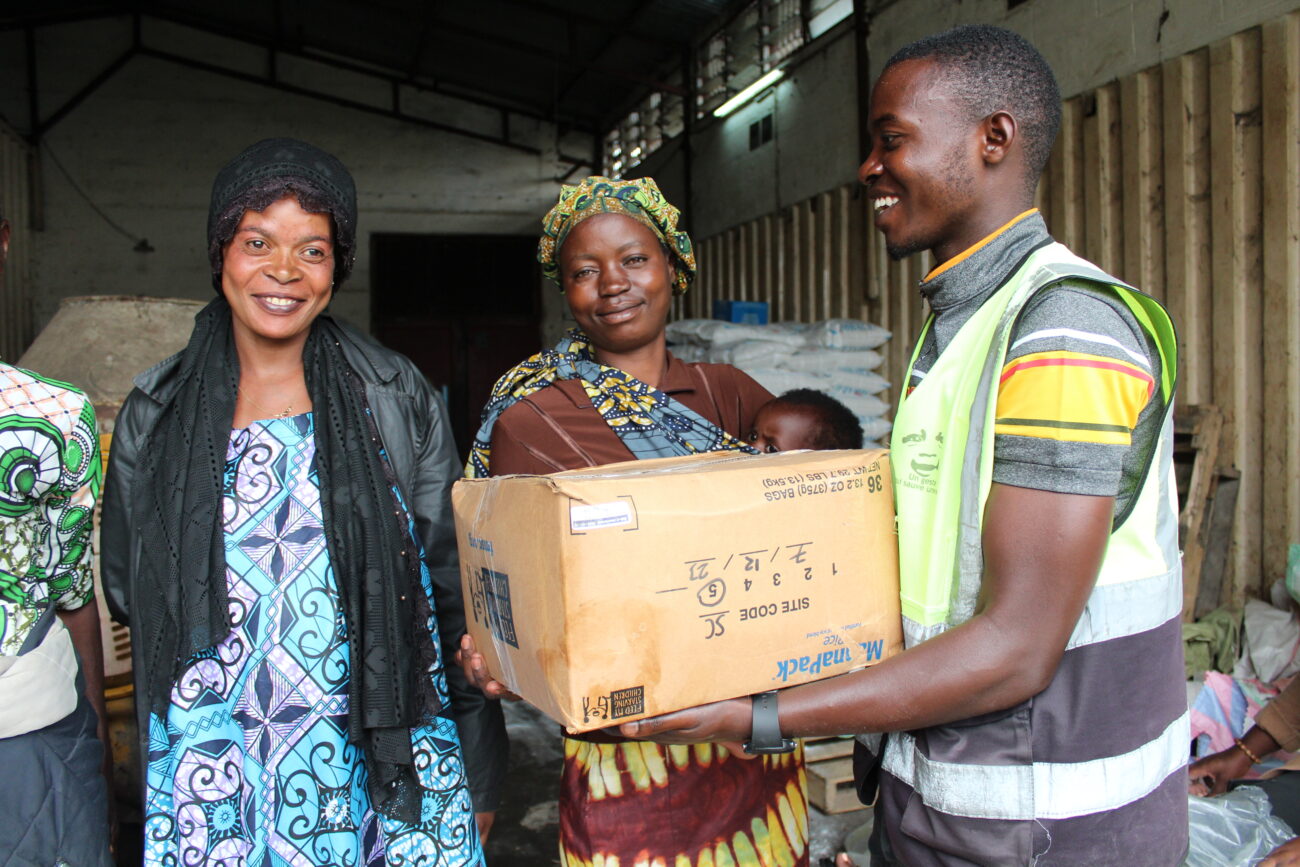TANZANIA: Don Bosco Vocational Training Centers in Dar es Salaam, Dodoma and Iringa launch renewable energy training programs

(MissionNewswire) Don Bosco Vocational Training Centers in Dar es Salaam, Dodoma and Iringa in Tanzania have been working to advance each center’s ability to provide technical and vocational training in renewable energy. Don Bosco Oysterbay in Dar es Salaam has been funded over the last two years through a partnership with Misereor, the German Catholic Bishops’ Organization for Development Cooperation, to help advance this training capacity.
Building off this work, the Charles Stewart Mott Foundation awarded a grant to Salesian Missions to fund the same training initiative at the Don Bosco training centers in Dodoma and Iringa. The projects are contributing to increased access to quality technical training on renewable energy in Tanzania.
As the world faces growing environmental degradation and climatic change challenges, there is a need to embrace sustainable development more than ever before. This has led to a need for leaders and practitioners of technical and vocational education and training to improve their understanding and implementation of education for sustainable development using a whole-institution approach to greening their institutions.
Adapting education for sustainable development and greening institutions requires a systematic approach to the changing job opportunities and skill demands as new industries and job profiles emerge. Technical and vocational training institutions need to be responsive to these dynamics in order to produce a workforce that matches actual market requirements. This transition implies a revision of existing curricula, qualification standards and training programs as well as the retraining of teachers and trainers.
Through the funded training initiatives, Don Bosco training centers are transforming their work through networking, partnerships and mobilization of expertise and resources in promoting renewable energy. The initiatives are bridging the widening divide between those who have access to opportunities and those who are increasingly being marginalized in the new economy —by going beyond offering a basic training program and instead offering a broad spectrum, holistic program.
The new training program provides the necessary skill sets and resources for rural youth to become local change makers in their communities and in the country at large, as innovators, technicians, entrepreneurs and thinkers. The new renewable energy department is linked to the current electrical installation department at the technical training centers.
The program has incorporated a train-the-trainer approach where trainees are being trained to recognize aspiring innovators and entrepreneurs, establishing a pipeline of students who can become energy innovators, agents, employers or entrepreneurs.
While the green technical and vocational education and training framework action strategy involves three levels – institutional, national and global – the broader Don Bosco network in Tanzania is focusing on the institutional framework of providing strategic direction for managing a green campus, adopting green curriculum, fostering green research, building the capacity of the green community and promoting green culture. The individual Don Bosco technical training centers are focusing on capacity-building and quality training in pursuit of inclusive green growth.
“The work of Salesian missionaries in Tanzania and in programs around the globe goes beyond just basic education,” says Father Mark Hyde, director of Salesian Missions, the U.S. development arm of the Salesians of Don Bosco. “We are thankful to the Mott Foundation for helping to support this project. Projects like these help to ensure the long-term sustainability of Salesian programs and show the broader impact of Salesian training on countries around the globe.”
In Tanzania, 67.9 percent of the population lives below the poverty line. While the country has seen some economic growth in tourism, mining, trade and communication, the number of Tanzanians living below the poverty line has marginally increased due to rapid population growth. In some regions, up to half of the population struggles to meet the cost of essential food and shelter and other basic necessities like clothing, health care and education.
###
Sources:
Feed the Future – Ethiopia
UNICEF – Ethiopia




